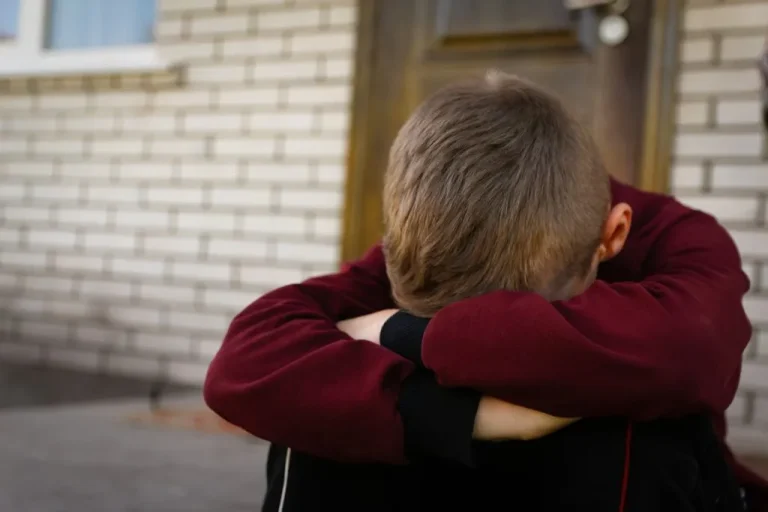School nurses and health visitors are among those demanding that the government outlaws physical punishment of children, including smacking.
An open letter signed by 13 health and social care organisations has asked ministers to back an amendment to the Children’s Wellbeing and Schools Bill that would remove the “reasonable punishment” defence in England.
“We cannot, in good conscience, allow this outdated defence to persist”
Letter
Under the Children Act 2004, it is unlawful to hit your child except where it is a “reasonable punishment”, and this is judged on a case-by-case basis.
The letter, signed by the School and Public Health Nurses Association (SAPHNA), the Institute of Health Visiting (iHV), the Royal College of Paediatrics and Child Health and others, said the defence was an “archaic” exception to the law of assault.
It warned that it left children “with less protection from assault than adults”, creating an “unacceptable disparity” between them.
The leading healthcare organisations argued the evidence was clear that physical punishment of children is “harmful” and ineffective”.
The letter said: “It is linked to increased behavioural problems, mental health issues and the risk of escalating physical abuse.
“Moreover, the law’s ambiguity creates challenges for professionals in assessing and responding to potential risks for children.
“We cannot, in good conscience, allow this outdated defence to persist.”
The Children’s Wellbeing and Schools Bill, which aims to change the law to better protect children and raise standards in education, is currently at the committee stage in the House of Lords, where amendments are being debated.
Baroness Ilora Finlay has tabled an amendment to eliminate the reasonable punishment defence.
As such, the healthcare organisations urged the government to “stand on the side of our children” and back the amendment.
“By removing this archaic defence, we can send a clear message that violence against children is never acceptable,” the letter said.
Alison Morton, chief executive of the iHV, told Nursing Times that the organisation “fully supports the call for a complete ban on smacking”.
She said: “It cannot be right that some babies and children in the UK do not have the same legal protection from physical assault as adults.
“England and Northern Ireland need to move with the times and follow the example of Scotland and Wales where all forms of physical punishment, including smacking, are against the law.”
“It cannot be right that some babies and children in the UK do not have the same legal protection from physical assault as adults”
Alison Morton
Meanwhile, a SAPHNA spokesperson told Nursing Times that there was “strong evidence” that physical punishment of children and young people “increases the risk of them developing mental health and behavioural problems”.
They said: “It is not right that, in 2025, children and young people, a vulnerable group in our society, are less protected from physical assault than adults.
“SAPHNA calls for support to be given to parents and carers to find positive solutions, that will enable them to protect their child/children and ensure that they are healthy, happy and thrive through childhood and beyond.”
A Department for Education Spokesperson said: “The landmark Children’s Wellbeing and Schools Bill represents the single biggest piece of child protection legislation in a generation.
“This government has prioritised significant reform of the children’s social care system, driving better child protection and information sharing between education, health, and social workers to stop vulnerable children falling through the cracks.
“While we are looking closely at the legal changes made in Wales and Scotland in relation to smacking, we have no plans to legislate at this stage.
“Through our Plan for Change, this government will give children growing up in our country the best start in life.”
The House of Lords committee stage will continue on 9 June when further amendments will be discussed.
The full list of signatories on the letter are: Royal College of Paediatrics and Child Health; Faculty of Public Health; Royal Society of Medicine; School and Public Health Nurses Association; Institute of Health Promotion and Education; Institute of Health Visitors; Royal Society for Public Health; British Association for Child and Adolescent Public Health; British Medical Association; Royal College of Psychiatrists; Aldey Hey Hospital Charity; Alliance 4 Children and Barnardo’s.
More on children’s safeguarding

